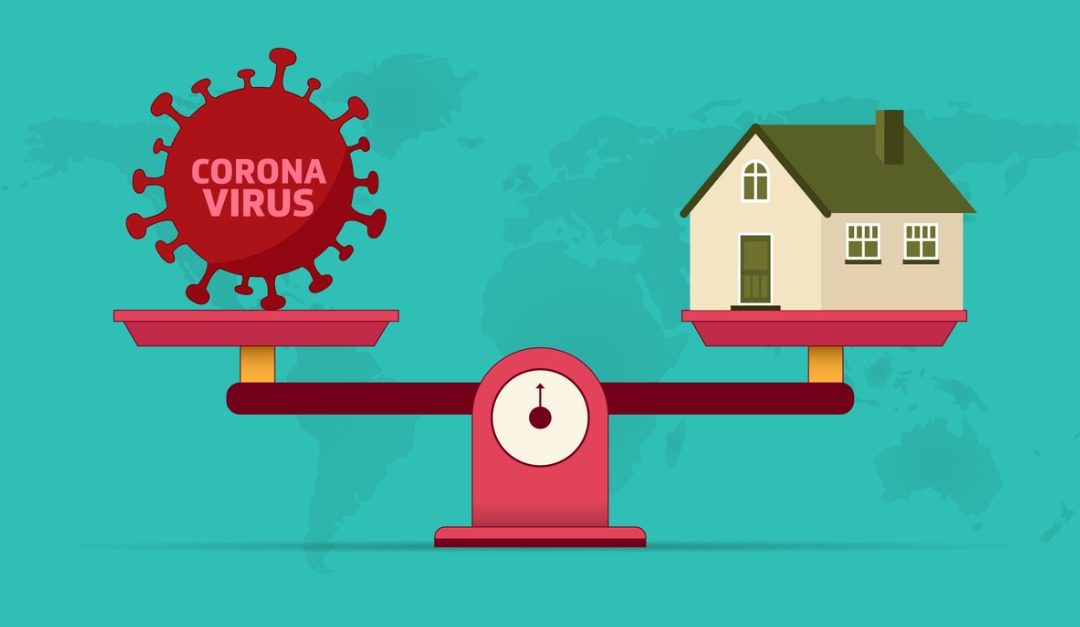COVID-19 has caused companies across the U.S. to close temporarily and to furlough or lay off employees. Even with unemployment benefits and direct payments from the government, families may still struggle to make ends meet. That has many homeowners knowing they won’t be able to pay their mortgages and wondering what to do.
If You Have a Loan Backed by Fannie Mae or Freddie Mac
Forbearance lets homeowners defer mortgage payments for a period of time without paying a penalty. Fannie Mae and Freddie Mac are offering homeowners who have mortgages backed by them up to 12 months of forbearance if they have lost their jobs or if their income has been reduced due to the coronavirus. Borrowers won’t be charged penalties or late fees, late payments won’t be reported to credit bureaus and foreclosures will be suspended for at least 60 days. Borrowers and loan servicers will work out payment plans after forbearance has ended.
If You Have a Mortgage Through Another Lender
If you have a loan not backed by Fannie Mae or Freddie Mac, contact your lender or loan servicer to find out what options it is offering. If you qualify for a forbearance, in most cases, interest will continue to accrue while you aren’t making payments. Once the forbearance period has ended, your lender may expect a lump sum payment or may offer you other options if you still can’t afford your mortgage.
A loan modification would allow you to skip payments for a period of time and give you several options to pay later. You might be able to spread out your missed payments and make larger-than-usual monthly payments once you resumed paying your mortgage, or you might be able to tack the missed payments onto the end of your mortgage.
Get in Touch With Your Lender ASAP
Don’t simply stop paying your mortgage or your other bills—that could lead to penalties, late fees and damage to your credit score. If you won’t be able to pay your mortgage, or think you might not be able to, contact your lender, explain your situation and ask what options are available. Eligibility for forbearance and loan modification depends on each borrower’s specific circumstances.
Since many companies have reduced their staff levels or have employees staying home because they are ill or need to take care of family members, you may experience long wait times if you call. If possible, contact the company online to learn about your options and to supply any necessary information.
Follow the Latest Developments
The coronavirus is having major impacts on all areas of life, and individuals, businesses and governments are in the process of figuring out how to deal with those changes. Monitor the news to find out what steps the federal government and your state’s government are taking to help homeowners and look for letters and emails from your loan servicer explaining your options.












This is going to be a huge problem and will lead to many foreclosures if there are not some requirements set in advance. Most lenders are saying they will give you 3 to 6 month grace period but at the end the whole balance is due. If you’ve been out of work for three months how are you going to pay a huge lump sum on the 4th or 7th month? The lenders are also saying this and it’s a “TELL ALL” pun intended…”since we can’t report your payment history to the credit bureau’s, it will be the sign that you are on the forbearance program and it MAY effect your credit worthiness.” Underlying threat? Borrowers are told to “call” their lenders. The terms are vaguely explained over the phone VERBALLY! I advised my clients not to sign without all terms in writing.